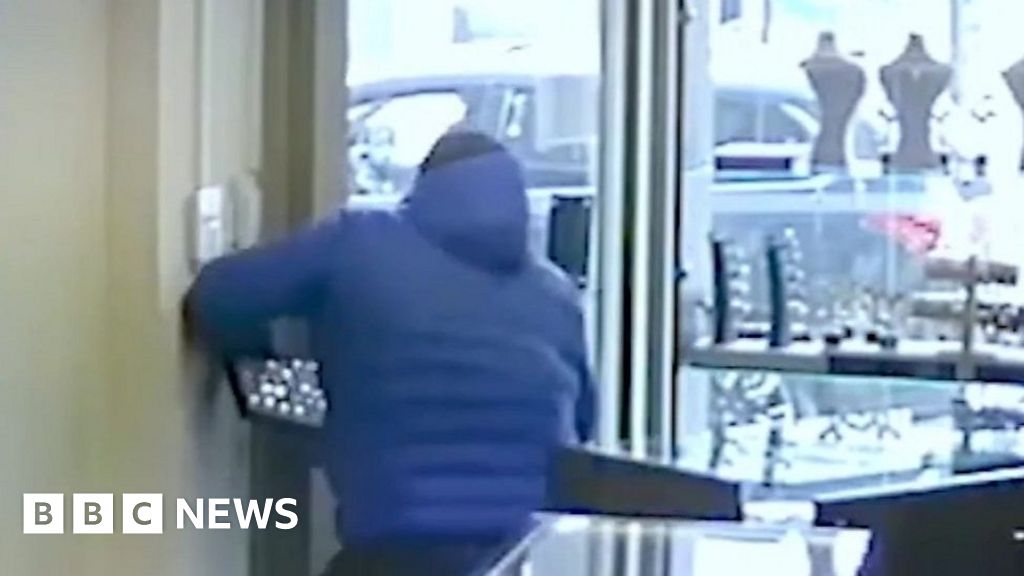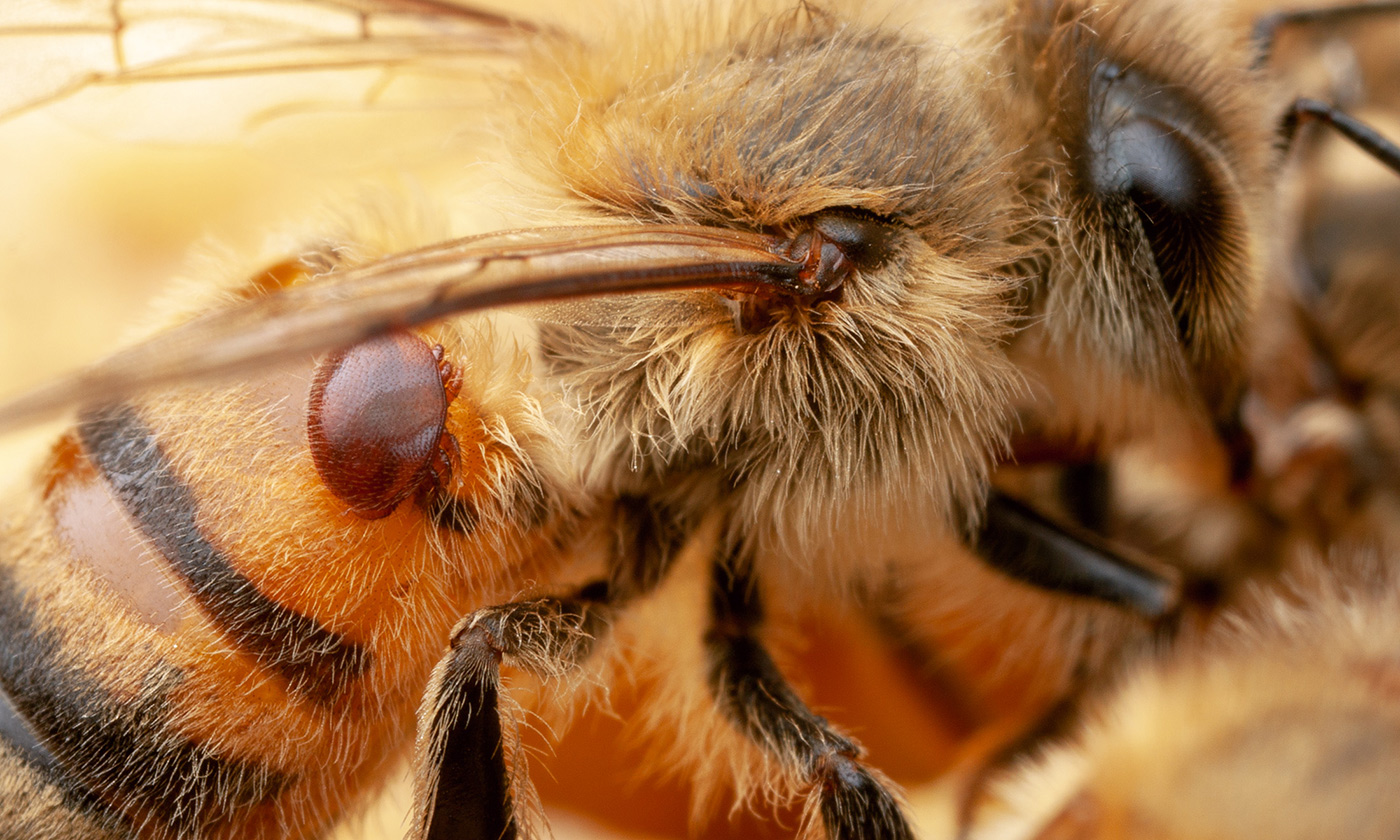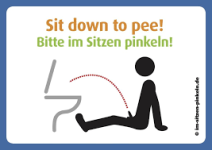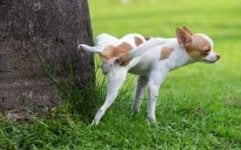
Bungling Haringey jewellery shop robbers caught on CCTV
Andrew Elliott, 32, was seen ransacking trays of jewellery and struggling to flee Ital Gold in Haringey.

I’m in the center of the world. Sure, it feels idle here, but I’m always just one jump away from the periphery — where the action happens....But coming here hasn’t increased the smoothness of life. It’s actually done the exact opposite. My wife and I fight here more than anywhere else in the world. Put us out in the middle of nowhere with nothing and we’re fine. Throw us into the heart of our own country and we grind each other down — scraping and scraping until we hit bone. I’ve become a skeleton here, and I’m starting to fear that I beginning to look like everyone else out in the streets. I’m starting to blend in, becoming invisible.
But I’m appreciating the contrast. I’ve never lived like this before. It’s something new to log into the chronicle of life. And, for a traveler, new is always appreciated.
I also know that I being in NYC means traveling more than ever. I’ve had three international trips and a half dozen domestic jaunts so far. If February I’m set to give a talk in Michigan. In March it’s South Africa. In April it’s Ukraine.


So your quote is from Sunday, Jan 26, 2020.Kobe Bryant is dead today. He was killed in a helicopter crash.

NBA great Kobe Bryant and daughter among nine killed in helicopter crash near Los Angeles
Kobe Bryant, one of the NBA's all-time greatest players and an athlete of global renown, was killed at age 41 on Sunday in a helicopter crash near Los Angeles along with his 13-year-old daughter and seven on board, officials said.www.reuters.com

Over the years, I have kept my eye out for stories like this...A student recently sent me an article from Live Science that reports on a man who was declared dead by three doctors. Four hours later, as he was being prepped for an autopsy (the marks to guide the autopsy had already been put on him), he started snoring! As of the time the article was written, he was alive and in the intensive care unit of a hospital. The student asked how such a thing could happen. Was it incompetence on the part of the doctors, or is it difficult to tell whether or not a person is dead? I told the student that while I couldn’t address the details of this particular case since I wasn’t involved, I could tell him that there have been cases over the years where the experts were convinced that a person was dead when, in fact, that person wasn’t.
I first heard this kind of story when I was preparing for a talk about miracles. I ran across the case of Emma Brady. She had been declared dead after exhibiting no vital signs. She was placed in a body bag and taken to the morgue. When her children arrived about an hour later to say their goodbyes, they found her gasping for air. The administrator of the hospital said that after the family told a nurse about what they had seen: "Miraculously, the patient exhibited vital signs that were absent previously."

According to the American Beekeeping Federation, honey bees contribute nearly $20 billion each year to the value of U.S. crop production, and they play an enormous role in global food production. Without honey bees, dozens of crops, from almonds to berries to broccoli, would either vanish or produce significantly less food.


Japan is building a 60-foot-tall, walking Gundam robot
The port of Yokohama will play host to a colossal, walking Gundam robot for a year starting this October. With 24 degrees of motion, it'll be the most advanced full-sized Gundam ever built, and the engineering challenge of making it work is enormous.newatlas.com

...Iran is similar to a large saucer. Its edge is a ring of high mountains, where the rain coming from the seas falls down, and its middle is one large desert, where not a single drop falls sometimes for years. The rivers running down the fertile highlands disappear here in the sand, or spread out in salt marshes and evaporate.
But the Persian desert is not dead. Drought-tolerant plants live on the salty sand, which serve as hiding places and food for a wide variety of animals. And where the wells drilled down to the underground water tables, and the several thousand year old underground channel system, based on them, makes it possible, villages, cities and caravanserais grow out of the ground, they irrigate the fields, they produce rice, saffron, pistachios.
In contrast to us Europeans, the Iranians do not consider the desert as a wilderness. The Indo-European names for this land, desert, Wüste, pustina, come from the Latin, Germanic or Slavic words for “abandoned, empty”, while the origin of Persian کویر kavir is the verb “surround, accept”, related to Latin capere. The Iranian city dwellers go on excursons and picnics to the desert with the same excitement and curiosity as we go to the mountains. And as to the relationship of the local farmers to the desert, the renowned Iranian photographer Nasrollah Kasraian writes this in the introduction of his recently published album کویرهای ایران Kavirhâ-ye Irân, “The deserts of Iran”:
“On my way from the Agha Ali Abbas sanctuary to Maranjab I sat down for a rest with a few Afghan day-laborers and a middle-aged, amiable Esfahani farmer. He grew melons on his small plot, and invited me to a cup of tea. I told him that I was taking pictures of the desert. He said he couldn’t read or write, but he regarded the desert beautiful. He had been to the Caspian Sea, where everything was green, and he found it monotonous. To him, every corner of the desert was of a different hue. There was so much to see. You may suddenly come upon a yellow hill, he said, and wonder who has sprayed so much color on that hillside. A little further you will also discover a silver band on the same hill. I had to agree with him. I could read and write, but those things were only useful for specific purposes. Here, I said, it is only the eye that counts and we both saw the same things. I have been after these scenes for the past thirty years or so, I continued, I just want to show them to others as well.”


Its going to get ridiculous, people in the middle of Siberia or the Sahara Desert are going to be looking to buy face masks.

 Stop global warming by stopping cow farts - AOC.jpg
Stop global warming by stopping cow farts - AOC.jpgIn Ethiopia, farmers are adopting a very special technique to boost milk production in their cows: blowing into their anuses.
We're not laughing. What may seem surprising to you is sometimes of unstoppable logic and wisdom. Such is the case with that person blowing into that cow's butt. The Nuer people of Ethiopia follow ancestral legacies to organise their lives. Both herders and farmers, the members of the tribe organize their lives in society by following the teachings of their forefathers.
And when a cow no longer produces milk, there is, as always, a solution. The air that escapes from her body, after blowing into her bottom, is a sensation close to childbirth. Thus, in addition to the urge to urinate and defecate, the cow, also solicited on the udder side, will start producing milk again.
Milk and urine are essential
While the method may leave one skeptical, it is indispensable. Even urine is a source of comfort in the desert areas of Africa, where water is an extremely precious commodity. It is used to wash children and to satisfy local customs, as well as to pigment women's hair with yellow-orange thanks to the chemicals it naturally contains.
The video comes from the Spanish documentary "Los Pueblos del Rift Valle" made in 2006. The Nuer tribe had to leave their homeland, Sudan, to flee the war. They went into exile in a refugee camp in Ethiopia.
 Take a seat please!.jpeg
Take a seat please!.jpeg
 Not pee here! Education through repression. Universal language.jpg
Not pee here! Education through repression. Universal language.jpg Please pee seated.jpeg
Please pee seated.jpeg Bitte im Sitzen pinkeln.jpeg
Bitte im Sitzen pinkeln.jpeg Bitte im Sitzen pinkeln! -- Please pee seated!
Bitte im Sitzen pinkeln! -- Please pee seated! normal peeing dog.jpeg
normal peeing dog.jpeg